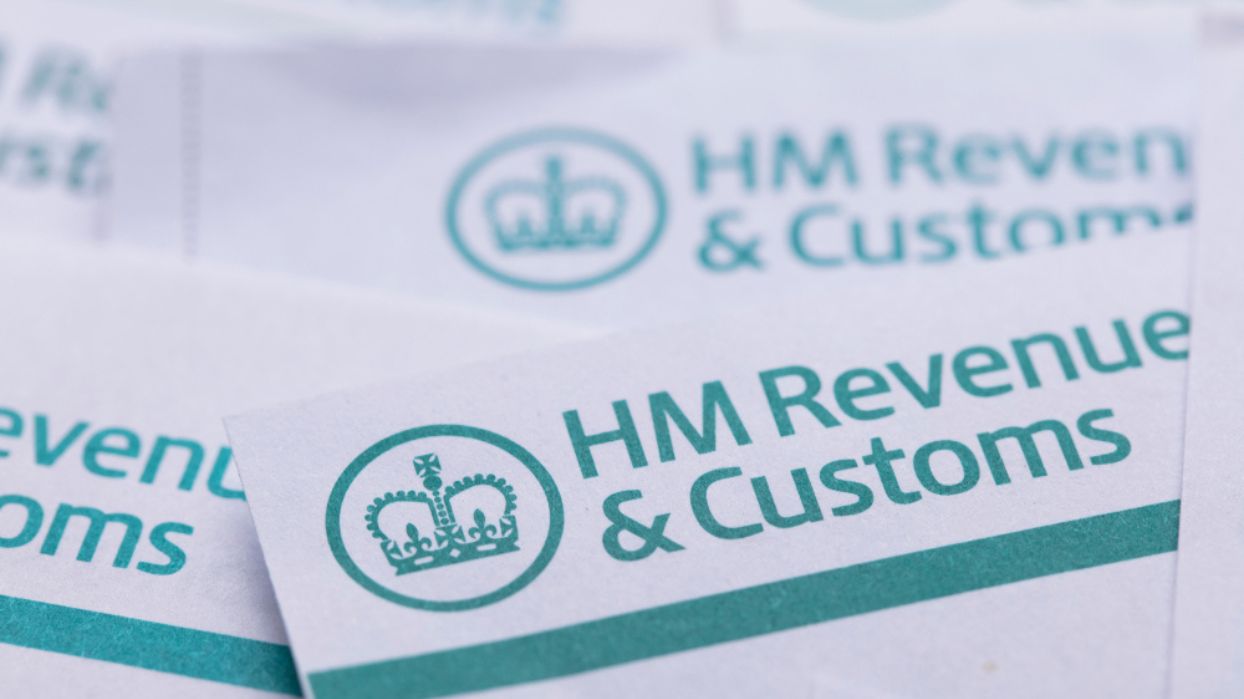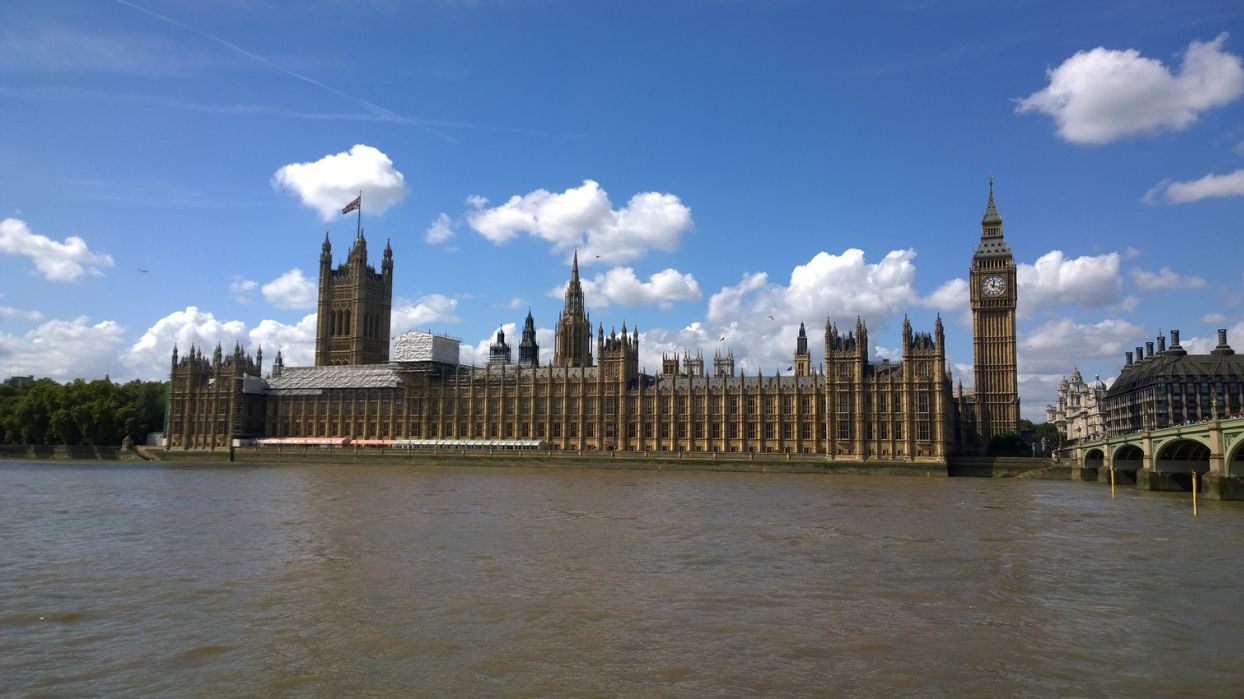The High Court recently considered a preliminary issue in relation to whether a claim for professional negligence was time-barred. The claim was brought against Speechly Bircham LLP, a specialist private client solicitors’ firm (now known as Charles Russell Speechlys LLP), in respect of negligent tax advice given to the claimants. In finding for the claimants, the High Court provided useful guidance on the level of knowledge required to fall within the extended limitation in section 14A of the Limitation Act 1980 and be allowed to pursue a claim.
Anastasia Nourescu and Cécile Perrault consider the court’s approach to time limits and what it means for other professional negligence claims.
The court was asked to consider, as a preliminary issue, whether the claimants’ claims for negligent tax advice were time-barred. Ms Clare Ambrose, sitting as a deputy High Court judge, found in favour of the claimants. The judgment provides a helpful guide as to what constitutes “knowledge” for the purpose of s14A of the Limitation Action 1980.
Relevant legislation
The first stage in considering whether to bring a claim against a negligent advisor is establishing whether the claim is time-barred.
Section 2 of the Limitation Act 1980 allows a tort (including professional negligence) claim to be brought within six years from the date on which the cause of action accrued. Section 14A extends this primary limitation period by three years if the claimant does not have knowledge of all material facts at the time the cause of action accrued. In such circumstances, the limitation period can be extended to three years from when the claimant knew or ought to have known it had a claim.
While the law may appear clear at first glance, it can be difficult to establish when the claimant had knowledge of sufficient material facts to start the clock running. Etroy & RBC Trust Company (Jersey) Limited v Speechly Bircham LLP [2023] EWHC 386 (Ch) is the latest in a long line of cases on the limitation period for professional negligence claims.
Background to the case
Stephane Etroy, an individual resident in London, and RBC Trust Company (Jersey) Limited (“RBC”), a professional provider of trusts services based in Jersey and Mr Etroy’s trustee, issued a claim against Speechly Bircham LLP (“Speechly”) for damages for negligent tax advice given to the claimants.
In 2009, Mr Etroy instructed Speechly to advise him on the creation of a new discretionary trust based on an existing trust named the Helios April Trust (“HAT”) that had been set up in 2002 in Jersey and under which Mr Etroy held an interest in possession.
In a nutshell, Speechly advised Mr Etroy that as he was not domiciled or deemed domiciled in the UK when he established the HAT in 2002, the trust held excluded property for inheritance tax (“IHT”) purposes. However, if the second to die of Mr Etroy and his wife were deemed to be domiciled in the UK at the time of their death and had a life interest in the HAT, section 80 of the Inheritance Tax Act 1984 (“IHTA 1984”) would apply. HAT would then not be treated for IHT purposes as an excluded property settlement under section 48 of the IHTA 1984. Speechly advised Mr Etroy to transfer the assets of the HAT to a new discretionary trust, to which section 80 of the IHTA 1984 would not apply. Mr Etroy, therefore, set up a new trust, named the Helios May Trust (“HMT”), in Cayman in 2010 in accordance with this advice, with RBC as the trustee.
In 2017, Mr Etroy sought tax advice from PwC, which required PwC to look into the tax consequences of the HMT. PwC conducted an investigation and raised IHT issues that arose in connection with the HMT, in particular, a potential entry charge and a 10-year principal charge amounting to over £1m. On 28 September 2018, PwC formally advised Mr Etroy to disclose these liabilities to HMRC.
Mr Etroy and RBC issued a claim against Speechly on 26 May 2021. Speechly accepted that it had breached its duty of care to Mr Etroy by providing negligent tax advice but disputed that it owed a duty to RBC. However, it resisted the claim on the basis that it was statute-barred as the alleged tort had arisen more than six years earlier, on 2 May 2017. The claimants relied on the extended limitation period in section 14A of the Limitation Act 1980. They argued that the earliest date on which they acquired the knowledge required for bringing their action was 28 September 2018, the date of PwC’s advice, less than three years before issuing their claim form.
In her judgment, Ms Clare Ambrose considered the correct point in time at which the claimants had:
- knowledge of all material facts of the damage in respect of which damages are claimed under section 14A(6)(a) and (7) of the Limitation Act 1980, and
- knowledge that the damage was attributable in whole or in part to Speechly’s act or omission that is alleged to constitute negligence under section 14A(8)(a).
Degree of knowledge required
The degree of knowledge required under section 14A was described in Haward v Fawcetts [2006] UKHL 9 by Lord Nicholls, who reviewed the existing case law. He held that knowledge “means knowing with sufficient confidence to justify embarking on the preliminaries to the issue of a writ, such as submitting a claim to the proposed defendant, taking advice, and collecting evidence. ‘Suspicion, particularly if it is vague and unsupported, will indeed not be enough, but reasonable belief will normally suffice.’ In other words, the claimant must know enough for it to be reasonable to begin to investigate further.” In addition, a helpful element is to identify the “essence of the act or omission” to which the damage is attributable.
In the present case, the court identified the relevant damage as the claimants creating a trust giving rise to an immediate entry charge, liability for a 10-year principal charge on assets added prior to 22 March 2006 and related costs, all of which would have been avoidable with proper tax planning advice.
The claimants tried to argue that a higher degree of knowledge was required as to whether sufficiently serious damage had been suffered. Ms Clare Ambrose rejected this argument on the basis of Lord Mance’s comment in Haward v Fawcetts, saying: “… the statute addresses the two elements of knowledge differently and there is an interplay between them but suggests that there is not a separate higher test of knowledge based on s14A(7). Indeed, he [Lord Mance] suggests that the question of whether damage is sufficiently serious goes to quantum rather than the existence of damage.”
The court acknowledged that in some cases the two elements of knowledge might be approached in stages, but in the present case, it held that they should be dealt with together. This is because, in a case such as this involving specialised technical expertise, the claimant will likely only have knowledge of the attributability of damage once it is aware of the damage.
Knowledge of investigation costs
The court also had to decide whether knowledge of investigation costs would trigger the start of the limitation period. To do so, the court needed to identify the date the claimant had knowledge of the essence of what was later complained of.
The court held that costs incurred to help the claimants decide whether they have a claim are unlikely to start the limitation period, as at that stage, the claimants do not yet have enough information to commence proceedings. In addition, given that section 14A(10) allows the use of an expert to ascertain the relevant facts, the court held it would be inconsistent with that provision to find that using an expert constitutes knowledge of the relevant facts.
The court also found that section 14A(7) incorporates an objective test by reference to a reasonable person who has suffered the same damage as the claimant and whose external circumstances are the same as the claimant’s.
In applying its findings, the court concluded that Mr Etroy first had knowledge to justify embarking on the preliminaries to issuing proceedings on 28 September 2018, ie the first time PwC firmly indicated there was likely to be a tax charge attributable to the defendant’s advice. As to RBC, while PwC had notified it of the tax charge earlier, it first had the required knowledge at the same time as Mr Etroy.
Why does it matter?
Given how tricky it can be to establish the limitation period for any professional negligence claim, especially in a complex area such as tax, the High Court’s decision provides welcome guidance on when the extended limitation period applies to such claims.
In particular, the decision clarifies that the two elements of knowledge (knowledge of the damage and knowledge of attributability of the damage) will likely be considered together in complex cases involving technical advice, as one type of knowledge will inform the other. The decision also shows that the costs of investigating a loss suffered as a result of negligent advice do not start the clock for starting legal proceedings.
These types of cases are highly fact-specific, and it is not always easy to establish what information constitutes knowledge. Anyone considering investigating a similar loss should consider raising the issue with their solicitors.
A version of this article is also available here on Tax Journal.
You can find further information regarding our expertise, experience and team on our Tax Litigation and Resolution page. If you require assistance from our team, please contact us.
Subscribe – In order to receive our news straight to your inbox, subscribe here. Our newsletters are sent no more than once a month.







